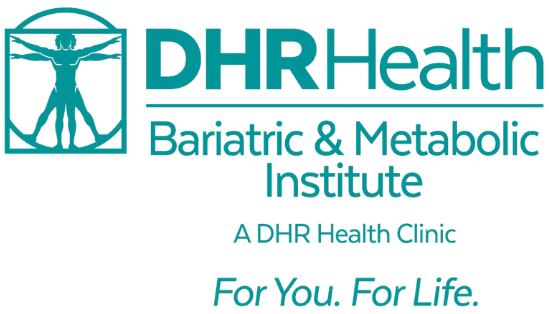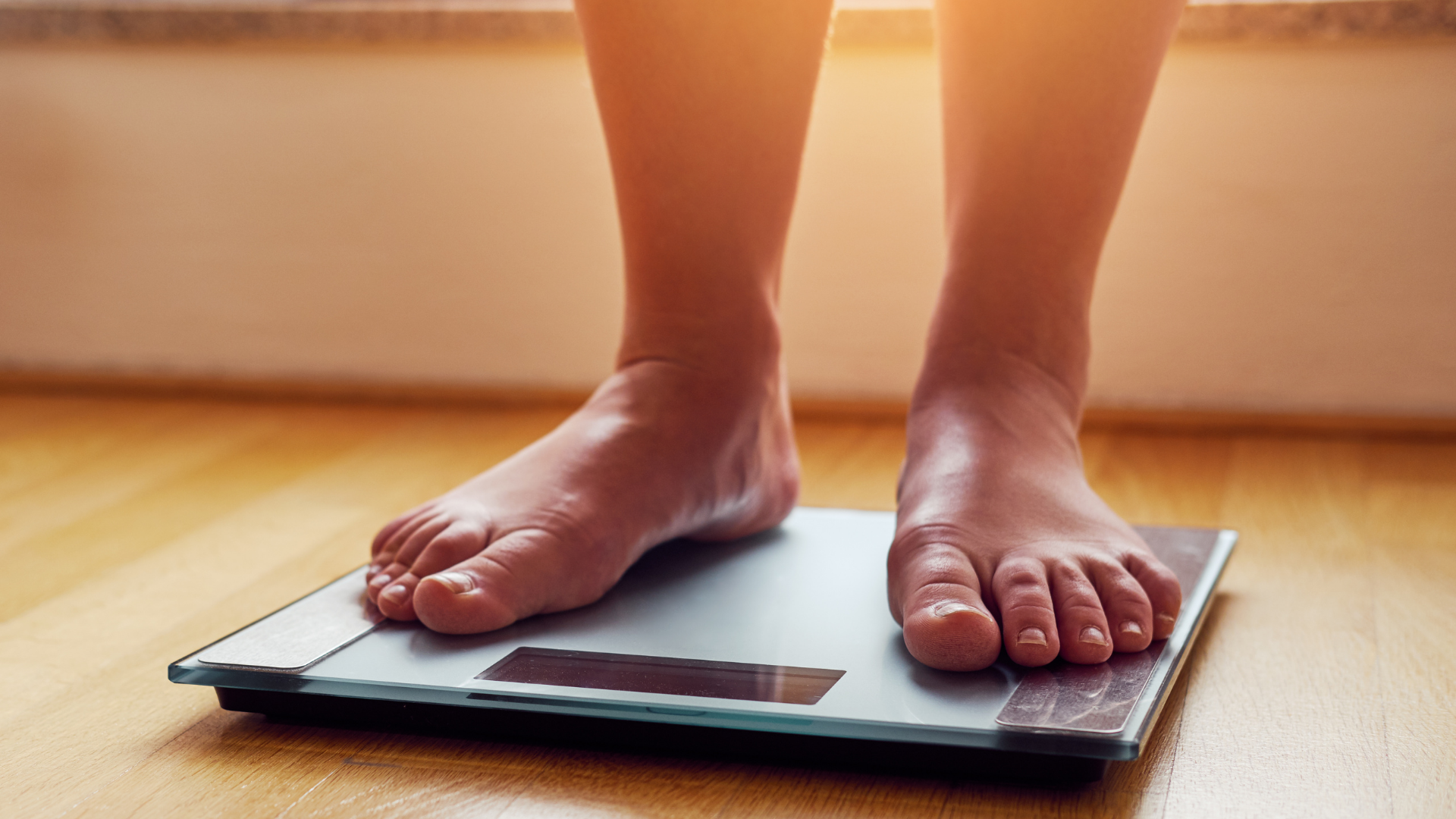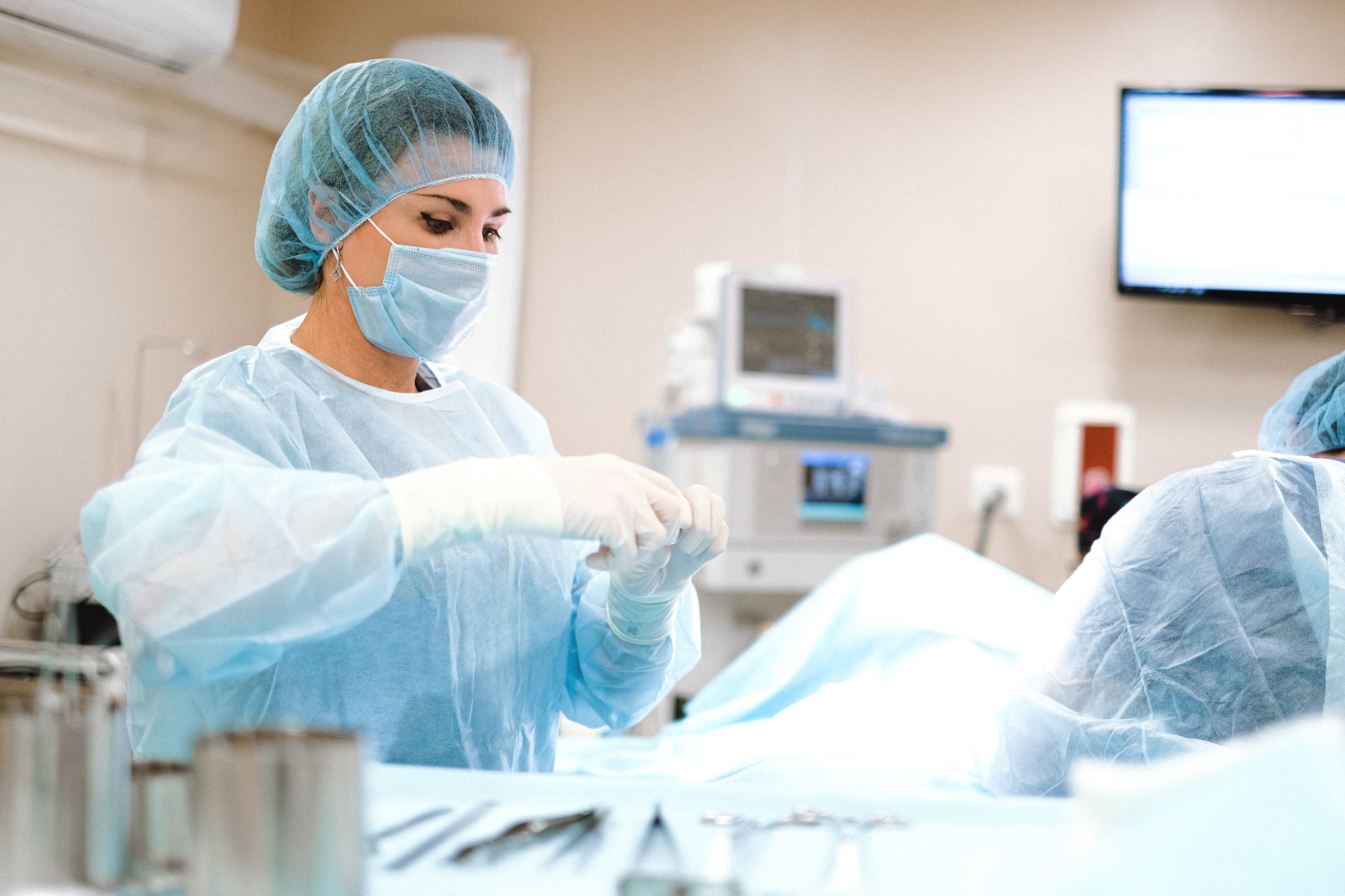
How Caffeine Affects the Body: The Benefits and Risks
Coffee affects on weight management are mixed. Its benefits include appetite control and improved metabolism, which could aid weight loss. Yet, coffee contains caffeine, which may lead to poor sleep and more sugar cravings in certain individuals.
What is Caffeine?
Caffeine, or more accurately, 1,3,7-trimethylxanthine, is classified as a psychoactive drug and is not nutritionally required by the human body. Found in at least 60 plant varieties worldwide, caffeine can also be produced synthetically.
Its most pure form, a bitter white powder that is easily absorbed into the bloodstream, is commonly used in soft drinks and medications. Caffeine content is rarely mentioned on nutritional labels.
The Benefits of Caffeine
There are multiple benefits to the consumption of caffeine, including reduced risks of neurodegenerative diseases–such as Alzheimer’s, Dementia, and Parkinson’s–cardiovascular diseases, type 2 diabetes, multiple types of cancer (including cancers of the mouth, throat, and especially the uterus), cirrhosis, and gout.
Additionally, caffeine has shown to reduce the risk of suicide among at-risk individuals, improve short-term memory and reaction time, promote a sense of well-being, enhance sporting abilities such as speed, muscle movement, and cognitive functions, help with weight-loss, and even ensure a longer life-span in general.
However, it should be noted that a large number of these studies were on caffeine in the form of coffee and tea, so these results could be due to a chemical or compound present in the beverages but not considered by those conducting the study, rather than from caffeine alone.
The Negative Effects of Caffeine
Caffeine is hardly without its drawbacks; for one, it is generally accepted to have addictive qualities, regardless of whether it is taken as medication or consumed via food and beverages. Caffeine Abuse, now officially recognized as a valid health concern by the American Psychiatric Association, is a rapidly growing issue.
Many who abuse caffeine experience increased blood sugar levels, rapid heartbeats, weight gain, increased blood pressure, miscarriages (although there is little evidence to support infertility), complications with other drugs or medications, diuresis, decreased bone density in women, and for sufferers of acid reflux or ulcers, painful irritations. Even more concerning are the rampant instances of Caffeine Intoxication and Caffeine Overdose.
Symptoms of overdose manifest as insomnia or inability to sleep well, seizures, tremors, vomiting, chest pains, nausea, palpitations, rashes, dry skin or sweating, coma, and /or death. Overdose is most likely to happen in children and the elderly, but anyone who exceeds the appropriate amount is at risk.
Those who regularly partake of excessive amounts of caffeine and then back off or quit suddenly will experience symptoms of withdrawal, such as anxiety, headaches, drowsiness, depression, fatigue, delayed reflexes, and fogged thinking that can last for up to a week. To safely reduce one’s intake of caffeine and avoid withdrawal symptoms, the best method is to stay hydrated and slowly wean off the substance little by little over several weeks.
How Does Caffeine Work?
Caffeine is absorbed into the bloodstream via the stomach and small intestine. Normally, the brain is signaled of the physical need to rest by the chemical adenosine, which accumulates slowly and bonds with brain cells throughout the day as the body tires. However, at the molecular level, caffeine is nearly identical to adenosine, and the brain has difficulty telling the two apart. As a result, brain cells bond with the caffeine instead, and the brain receives messages of stimulation, rather than weariness.
Within fifteen minutes of this process, heart rate and blood pressure begin to climb. Meanwhile, the rejected adenosine accumulates over time in the brain, so that when the caffeine wears off, usually within three to six hours, the excessive levels of adenosine collected bond with the now available brain cells. The brain interprets this onslaught as extreme tiredness, which brings on the feeling of a ‘crash’.
How Much is Too Much?
The maximum amount of caffeine to consume in a day as reported by the Mayo Clinic is 400 mg. Some examples of equivalent caffeine doses are:
· 4 cups of normal brewed coffee or about one cup of brewed Starbuck’s coffee
· 6 tablets of the average over-the-counter pain reliever
· 2 extra-strength pain-relieving tablets
· 10 cans of soda
· 2-4 cups of green tea
· 2-3 shots of espresso
· 10 chocolate bars
· 2 Monster Energy drinks
A fatal dose for a healthy adult is about 10 grams, which is the equivalent of 80-100 cups of coffee consumed in one sitting. There is little data regarding dosage for minors, but most researchers agree that children are likely more susceptible to overdose, and thus should ingest as little as possible.
The debate about the safety and usefulness of caffeine is ongoing, but fans of the substance claim that when used responsibly and according to proper dosage recommendations, the benefits outweigh the risks.
Sources:
“Caffeine (Oral Route) Side Effects.” Mayo Clinic, Mayo Foundation for Medical Education and Research, 1 Feb. 2019, www.mayoclinic.org/drugs-supplements/caffeine-oral-route/side-effects/drg-20137844. Drug information provided by IBM Micromedex
“Caffeine: How Much Is Too Much?” Drugs.com, 0AD, www.drugs.com/mca/caffeine-how-much-is-too-much.
“Caffeine: How Much Is Too Much?” Mayo Clinic, Mayo Foundation for Medical Education and Research, 8 Mar. 2017, www.mayoclinic.org/healthy-lifestyle/nutrition-and-healthy-eating/in-depth/caffeine/art-20045678.
Doheny, Kathleen. “Pros and Cons of the Caffeine Craze.” WebMD, WebMD, 17 Oct. 2006, www.webmd.com/food-recipes/features/pros-and-cons-caffeine-craze#1.
Gunnars, Chris. “13 Health Benefits of Coffee, Based on Science.” Healthline, 20 Sept. 2018, www.healthline.com/nutrition/top-13-evidence-based-health-benefits-of-coffee.
Harbolic, Betty Kovacs. “Caffeine: Read About Side Effects, Addiction, and Withdrawal.” MedicineNet, MedicineNet, 18 Feb. 2015, www.medicinenet.com/caffeine/article.htm.
Hendricks, Dustin. “Know How Much Caffeine in a Latte, Is It Good or Bad?” CoffeeTimeUSA.com, Benny, 2 May 2019, www.coffeetimeusa.com/how-to/how-much-caffeine-in-a-latte.html.
J, Nicks. “Can Coffee Cause Ulcers?” NutriNeat, NutriNeat, nutrineat.com/can-coffee-cause-ulcers.
Mawer, Rudy. “How Caffeine Improves Exercise Performance.” Healthline.com, Healthline, 18 Mar. 2016, www.healthline.com/nutrition/caffeine-and-exercise.
Olson, Samantha. “This Is Your Brain On Caffeine [VIDEO].” Medical Daily, 5 Oct. 2015, www.medicaldaily.com/health-benefits-caffeine-brain-caffeine-has-its-positives-and-negatives-283408.
Osnato, Jaime. “How Caffeine Affects Your Body, From Your Brain to Your Bladder.” LIVESTRONG.COM, Leaf Group, 26 Sept. 2019, www.livestrong.com/article/13721829-caffeine-effects/.
Sagon, Candy. “Coffee for Health – Positive and Negative Effects of Caffeine.” AARP, www.aarp.org/health/healthy-living/info-10-2013/coffee-for-health.html.
Shmerling, Robert H. “The Latest Scoop on the Health Benefits of Coffee.” Harvard Health Blog, Harvard Health Publishing, 25 Sept. 2017, www.health.harvard.edu/blog/the-latest-scoop-on-the-health-benefits-of-coffee-2017092512429.
Syakira, Sarah. “10 Negative Effects Of Caffeine On The Body.” The Health Benefits of Foods, Fruits, Vegetables Etc, THealth, 3 Aug. 2017, www.thealthbenefitsof.com/negative-effects-of-caffeine/.
“Top 25+ Caffeine Health Benefits.” Caffeine Informer, www.caffeineinformer.com/top-10-caffeine-health-benefits.
Tsang, Gloria. “Caffeine Content Of Common Foods and Drinks.” HealthCastle.com, HealthCastle, 27 Sept. 2018, www.healthcastle.com/caffeine-content-common-foods-and-drinks/.








